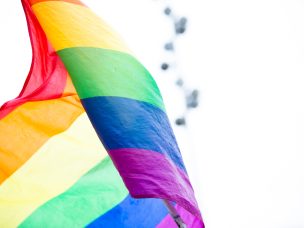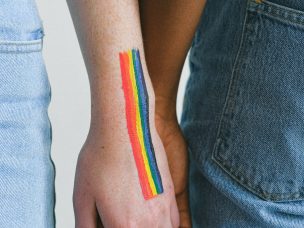A recent study investigated the impact of a two-hour interactive LGBTQ+ workshop on preclinical medical students’ confidence and comfort in addressing LGBTQ+ topics and healthcare in an effort to bridge the educational gap regarding LGBTQ+ healthcare challenges in medical schools.
Individuals identifying as lesbian, gay, bisexual, transgender, queer, and other sexual identities (LGBTQ+) encounter unique health challenges that require culturally competent healthcare providers. Physicians play a pivotal role in addressing these challenges, but the lack of standardized LGBTQ+ healthcare education in medical schools poses a significant hurdle.
Despite the growing LGBTQ+ population and the increasing exposure to LGBTQ+ patients during clinical training, medical schools often lack effective LGBTQ+ healthcare curricula.
Research has demonstrated that exposure to LGBTQ+ healthcare topics enhances the quality of care provided by medical professionals. There remains a significant need for a standardized LGBTQ+ curriculum in medical education to adequately prepare future physicians .
The Study’s Focus
This study, published in the journal Cureus, evaluated the impact of a two-hour interactive LGBTQ+ workshop on increasing confidence and comfort among preclinical medical students regarding LGBTQ+ topics and healthcare. The workshop’s primary focus was to enhance students’ understanding of LGBTQ+ clinical medicine and improve their competency in addressing LGBTQ+ healthcare challenges.
Twenty-five first- and second-year medical students voluntarily participated in the workshop, which comprised two segments: an informative lecture on LGBTQ+ clinical medicine by a specialist and four 15-minute stations. The stations included a one-on-one standardized patient simulation, discussion-based case scenarios, an interactive seminar on transgender healthcare, and a debriefing session. All facilitators and standardized patients were members of the LGBTQ+ community.
Participants completed pre- and post-surveys encompassing basic demographic questions and 16 LGBTQ+ healthcare-specific statements using a 7-point Likert scale.
Fifteen out of the 25 participants (60%) completed both pre- and post-survey components. The results indicated a significant increase in students’ confidence and comfort levels in 12 out of the 16 LGBTQ+ healthcare-specific statements following the workshop. Among the respondents, 53.3% identified as heterosexual, while 40% were members of the LGBTQ+ community.
Study Findings
The findings of this study emphasize the positive impact of focused LGBTQ+ education, such as interactive workshops, on preclinical medical students’ confidence and comfort in handling LGBTQ+ clinical scenarios. To address the educational gap, similar workshops should be integrated into core medical school curricula.
The workshop model presented in this study provides an efficient and effective framework that other medical schools can adopt to enhance their students’ understanding of LGBTQ+ healthcare topics. By equipping future physicians with the necessary knowledge and skills to address LGBTQ+ healthcare challenges, an inclusive, culturally competent healthcare environment can be created that is sensitive to the unique needs of LGBTQ+ individuals.
Source:
Zajac, K. K., Gunn, J., El-Sharaiha, R., & Zoorob, D. (2023). Early Exposure to Lesbian, Gay, Bisexual, Transgender, Queer (LGBTQ+) Medicine: Assessing Confidence and Comfort in Preclinical Medical Students. Cureus, 15(7), e41834. https://doi.org/10.7759/cureus.41834










